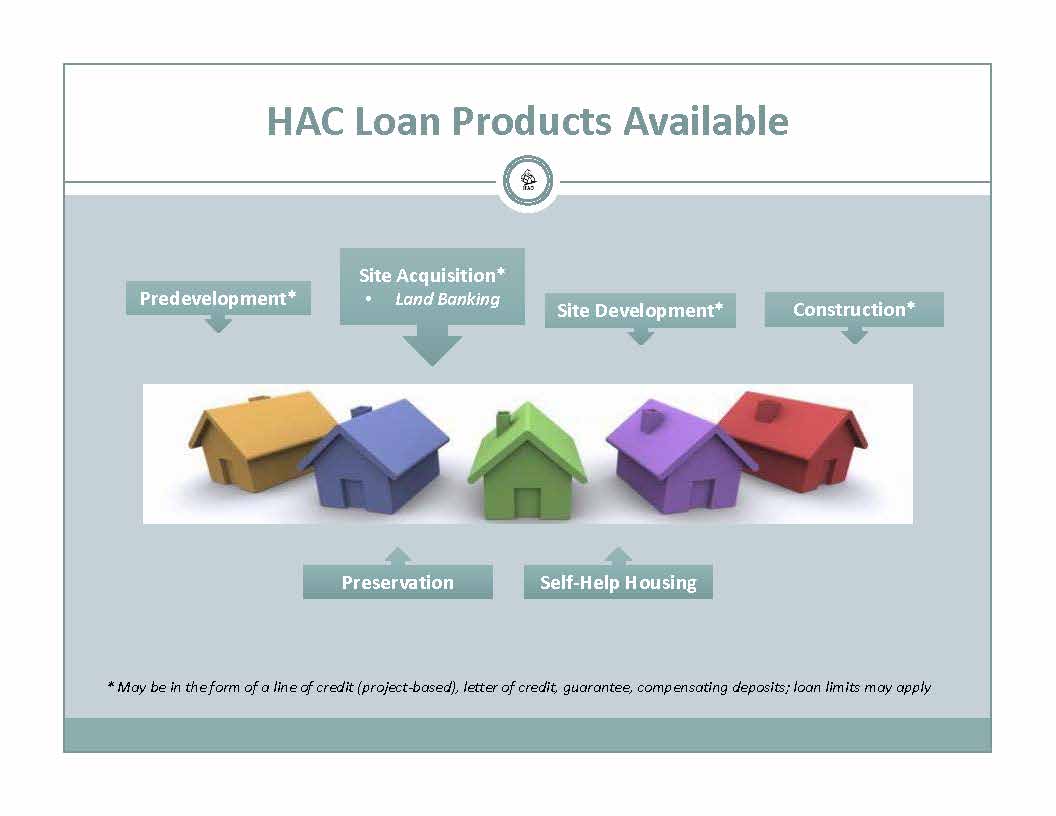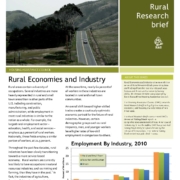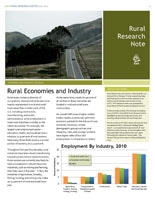HAC News Formats. pdf
September 3, 2014
Vol. 43, No. 18
• RD suspends rural in character eligibility changes • National Office agreement required for some RD prepayment incentives • New guidelines apply to extensions and deobligations of unused Section 515, 514, and 516 funds • Online homeownership education provider approved for Section 502 borrowers • RD addresses thermal standards for manufactured housing • Guidance provided for rural multifamily design/build and construction management proposals • Reminder issued about Section 515 borrowers who received litigation damages • FHFA proposes new housing goals for Fannie Mae and Freddie Mac • Changes to HMDA regulations suggested • New report covers challenges of housing seniors • Drop in homeless veterans estimated • Shortage of affordable rentals remains • CONFERENCE REGISTRATION IS OPEN!
September 3, 2014
Vol. 43, No. 18
RD SUSPENDS RURAL IN CHARACTER ELIGIBILITY CHANGES. In response to public concerns about changes in eligibility for rural housing programs based on determinations that some places are no longer “rural in character,” USDA has suspended use of this factor to alter a community’s rural status. No changes will be made until October 2015 at the earliest, and a new procedure will provide a 90-day public comment period on proposed modifications. This issue is not related to eligibility changes based on population growth (see HAC News, 2/5/14).
NATIONAL OFFICE AGREEMENT REQUIRED FOR SOME RD PREPAYMENT INCENTIVES. An Unnumbered Letter dated July 11, 2014 requires RD state offices to obtain advance approval before offering additional Rental Assistance or equity loans to Section 515 borrowers who want to prepay their loans. The UL says it is “an interim step” while regulatory changes are developed. Contact Tiffany Tietz, RD, 616-942-4111 ext. 126.
NEW GUIDELINES APPLY TO EXTENSIONS AND DEOBLIGATIONS OF UNUSED SECTION 515, 514, AND 516 FUNDS. An Unnumbered Letter dated July 30, 2014 provides timeframes and processes for USDA staff. Limited extensions may be permitted. Contact Mirna Reyes-Bible, 202-720-1753 (Section 514/516) or Melinda Price, 614-255-2403 (Section 515).
ONLINE HOMEOWNERSHIP EDUCATION PROVIDER APPROVED FOR SECTION 502 BORROWERS. An Unnumbered Letter dated August 22, 2014 announces the agency has approved Framework to provide online education, which can be used only when other formats are not available. Contact Shantelle Gordon, RD.
RD ADDRESSES THERMAL STANDARDS FOR MANUFACTURED HOUSING. The HUD Code specifies minimum thermal standards for each state, while RD applies them by county. Administrative Notice (AN) 4772 (Aug. 4, 2014) lists the standards for specified counties. Contact William Downs, RD, 202-720-1499.
GUIDANCE PROVIDED FOR RURAL MULTIFAMILY DESIGN/BUILD AND CONSTRUCTION MANAGEMENT PROPOSALS. AN 4770 (July 11, 2014) requires National Office approval to use Section 514 or 515 loans for design/build or construction management arrangements. Contact Sherry Engel, RD, 715-345-7677, or William Downs, RD, 202-720-1499.
REMINDER ISSUED ABOUT SECTION 515 BORROWERS WHO RECEIVED LITIGATION DAMAGES. An Unnumbered Letter dated June 24, 2014 instructs RD staff about servicing the accounts of borrowers who received damages payments pursuant to the May 21, 2007 agreement that settled a lawsuit against USDA regarding prepayments. Those owners cannot prepay their loans (unless USDA determines a property is no longer needed) and cannot receive incentives to discourage prepayment. Contact Tiffany Tietz, RD, 616-942-4111 ext. 126.
FHFA PROPOSES NEW HOUSING GOALS FOR FANNIE MAE AND FREDDIE MAC. Comments are due October 28 on possible changes to be in effect from 2015 through 2017, including a new subgoal for financing small multifamily rental properties (5-50 units). No rural subgoal is proposed. Contact Dr. Nayantara Hensel, FHFA, 202-649-3122.
CHANGES TO HMDA REGULATIONS SUGGESTED. Comment by October 29 on a Consumer Financial Protection Bureau proposal to implement a portion of the Dodd-Frank Act. Lenders subject to the Home Mortgage Disclosure Act would have several new reporting requirements, some existing requirements would be clarified, and some institutional and transactional coverage would be changed. Contact CFPB’s Office of Regulations, 202-435-7700.
NEW REPORT COVERS CHALLENGES OF HOUSING SENIORS. Housing America’s Older Adults – Meeting the Needs of an Aging Population, published by Harvard’s Joint Center for Housing Studies, analyzes the ability of the existing U.S. housing stock to meet growing needs for affordability, accessibility, social connectivity, and supportive services.
DROP IN HOMELESS VETERANS ESTIMATED. HUD, VA, and the U.S. Interagency Council on Homelessness (USICH) estimate that as of January 2014 veterans’ homelessness nationwide had declined by 33% since 2010.
SHORTAGE OF AFFORDABLE RENTALS REMAINS. A new Housing Spotlight report from the National Low Income Housing Coalition shows that nationwide there are only 31 affordable and available units for every 100 extremely low-income renters (with incomes at or below 30% of area median) and only 16 for every 100 deeply low-income renters (below 15% of area median). The report provides data for states and for 50 large metro areas.
|
CONFERENCE REGISTRATION IS OPEN! Register online for the National Rural Housing Conference 2014: Retool, Rebuild, Renew, in Washington, DC, December 3-5 with pre-conference activities December 2. Until October 31, the rate is $350 for nonprofits and government, $400 for for-profits. Contact HAC staff, registration@ruralhome.org.
|



